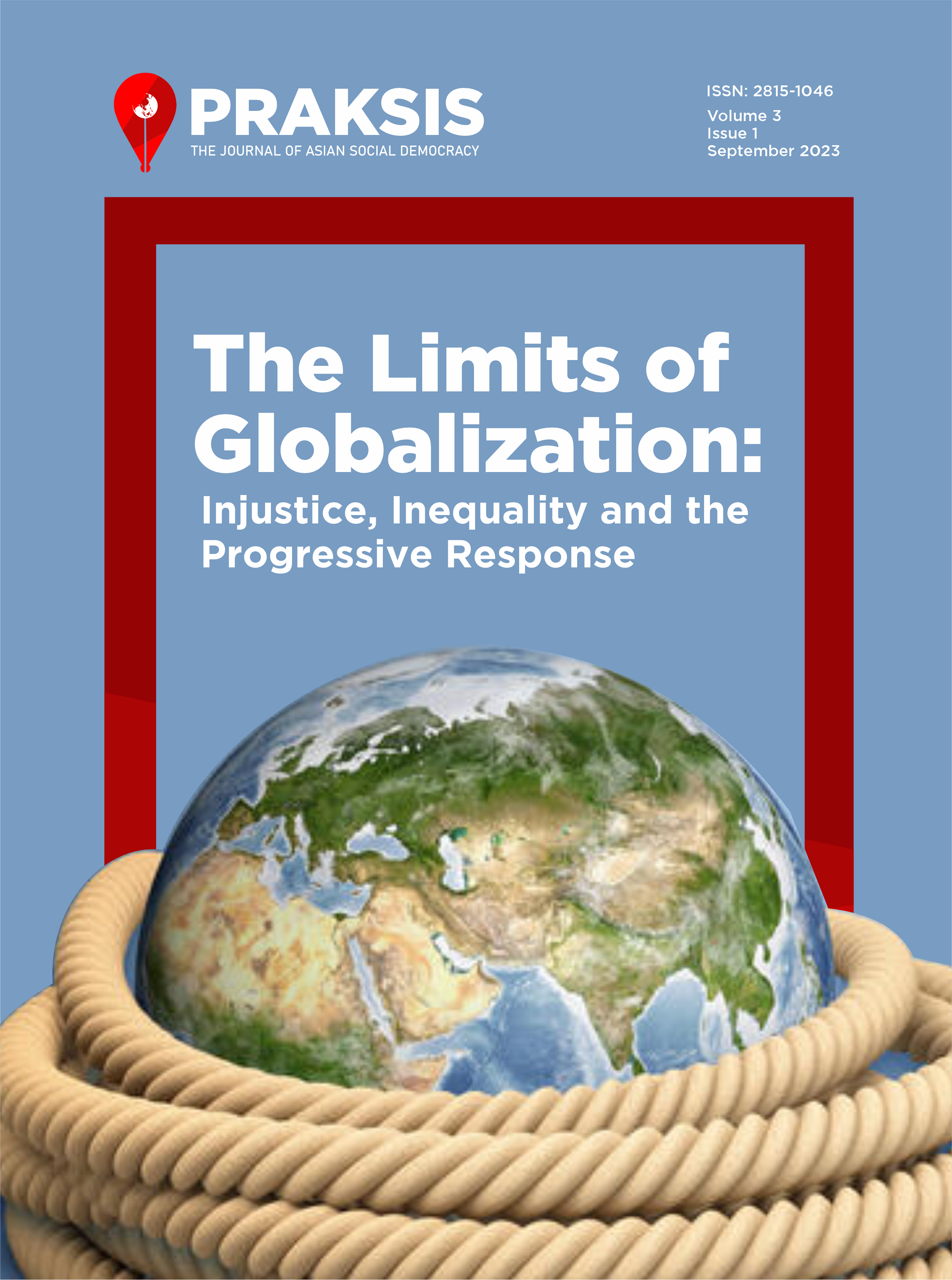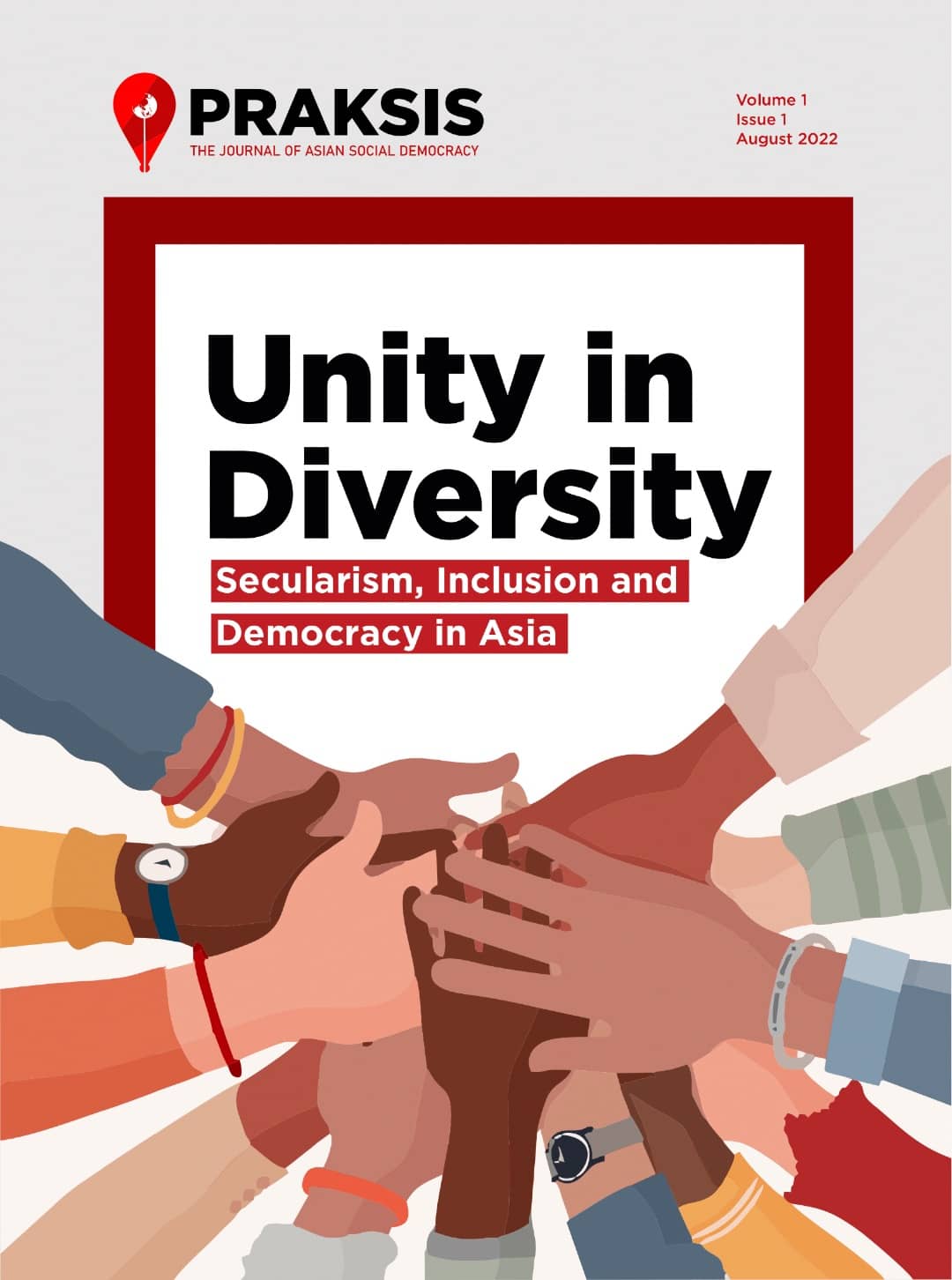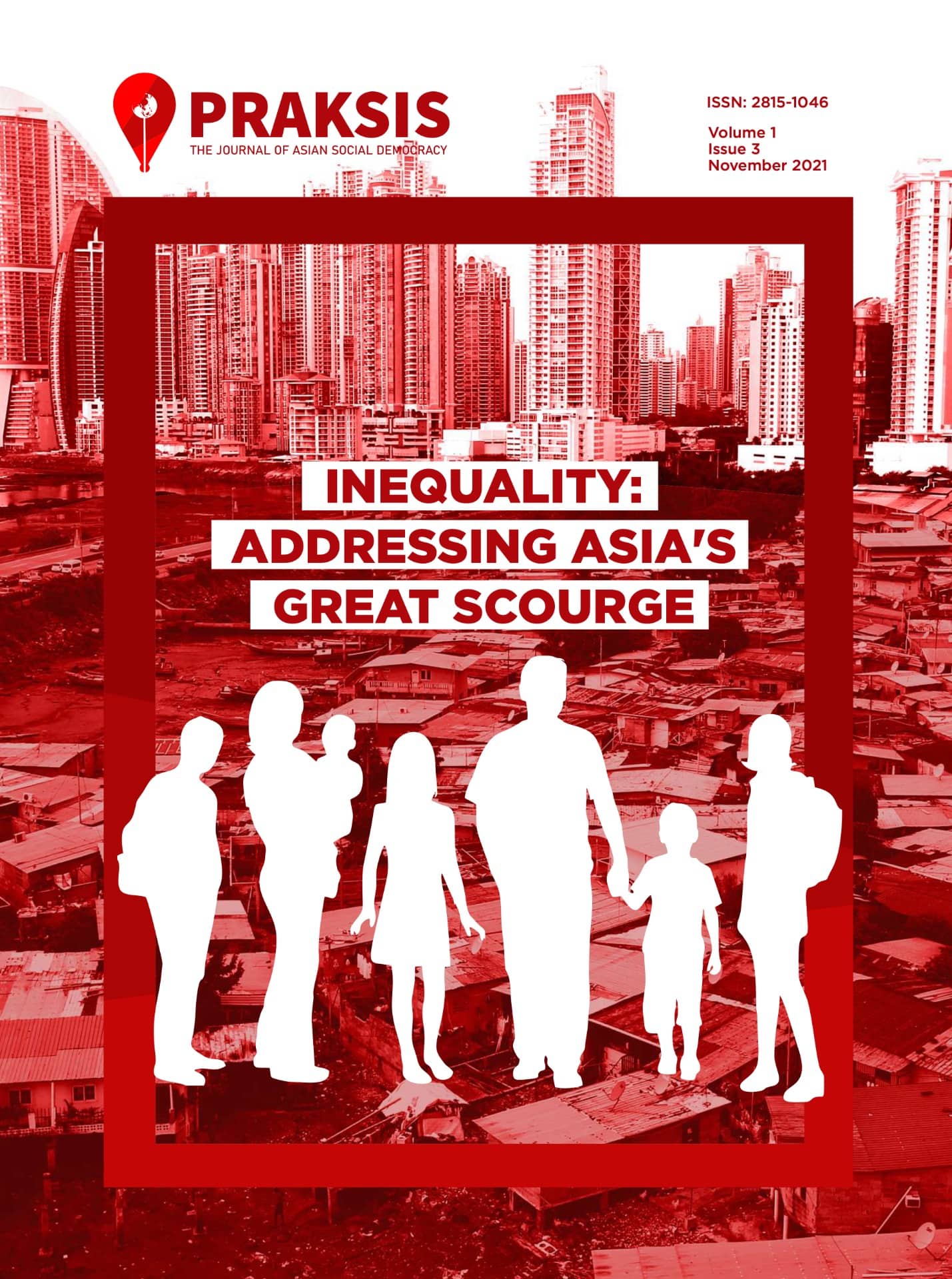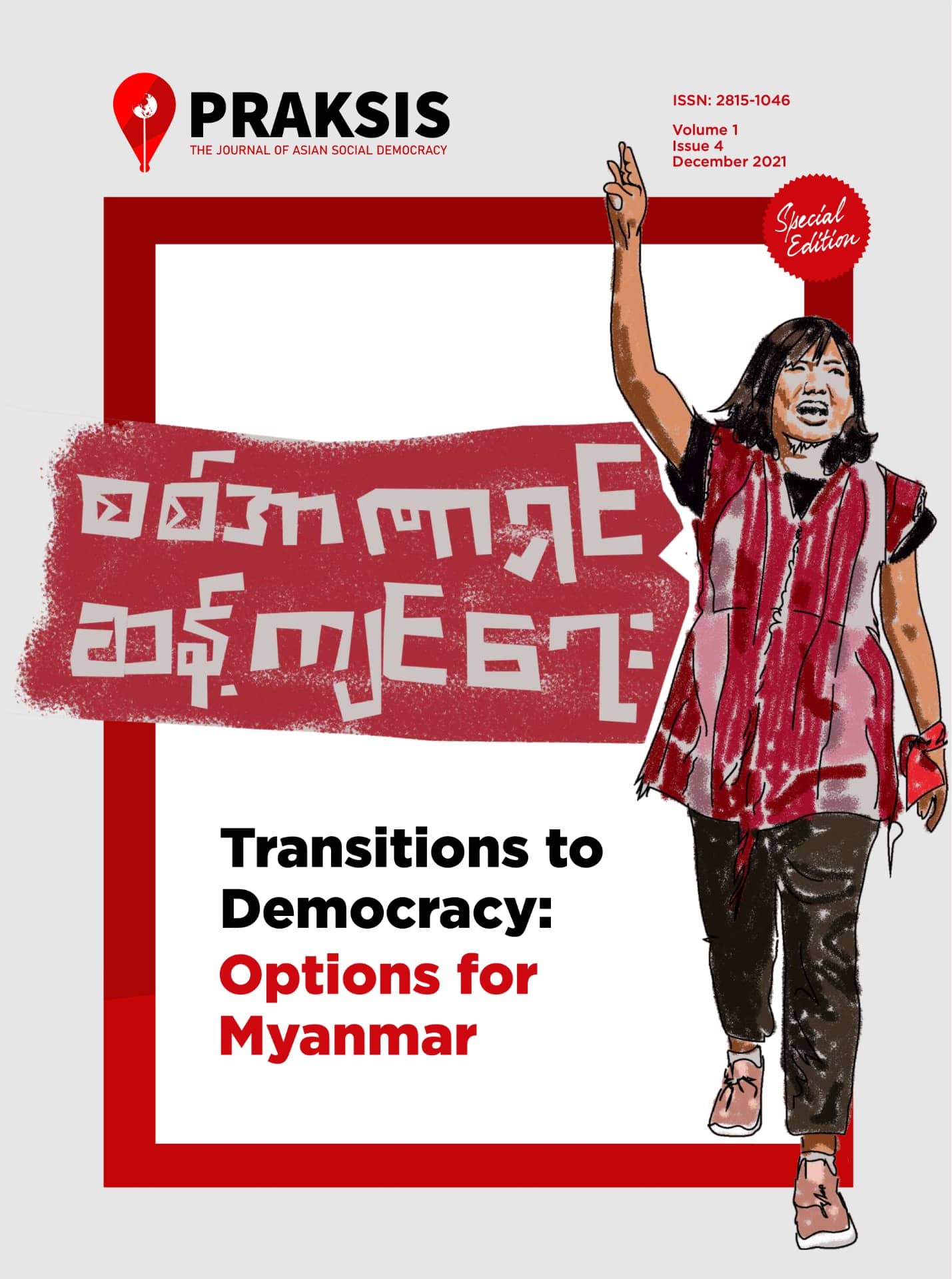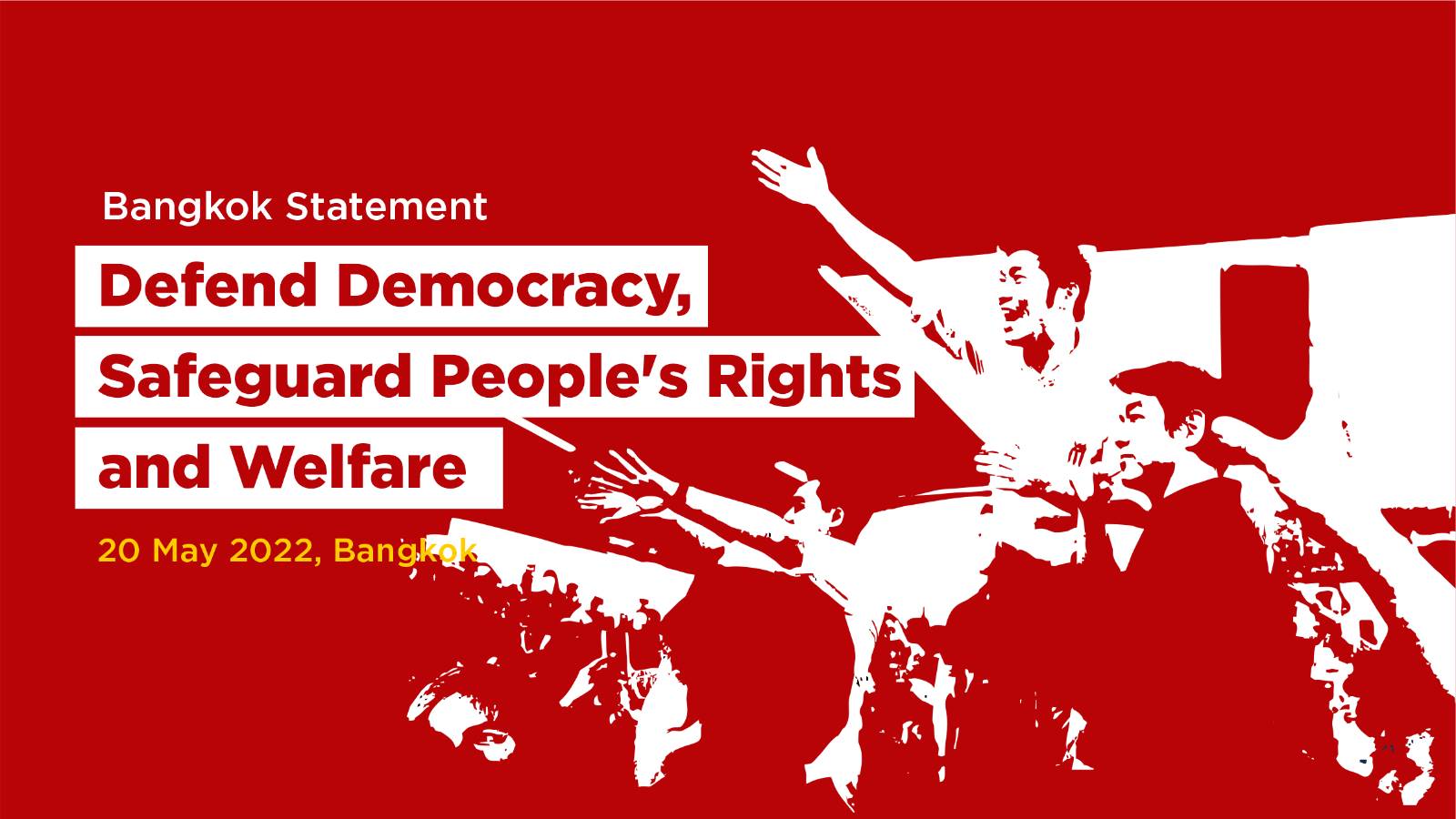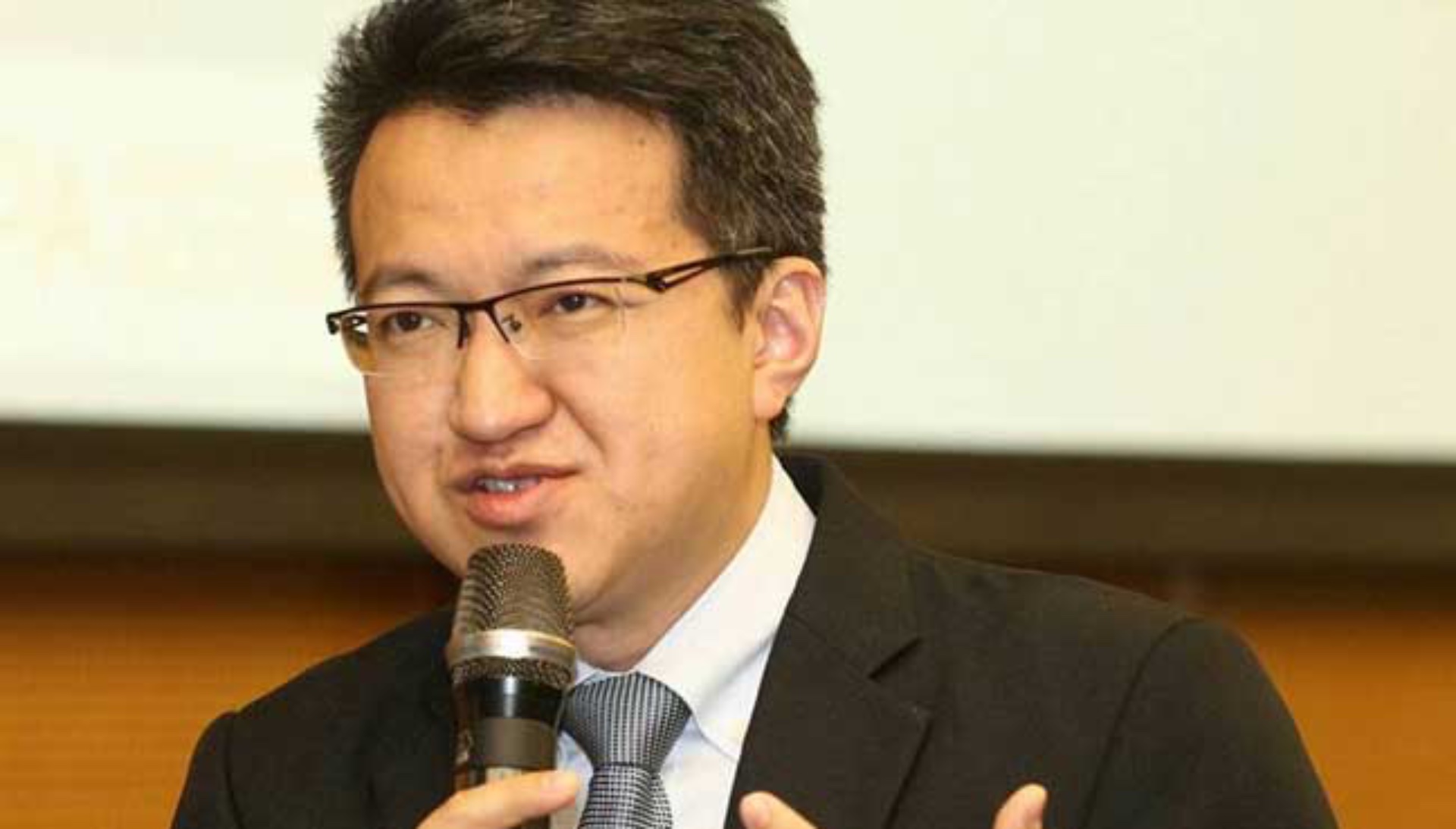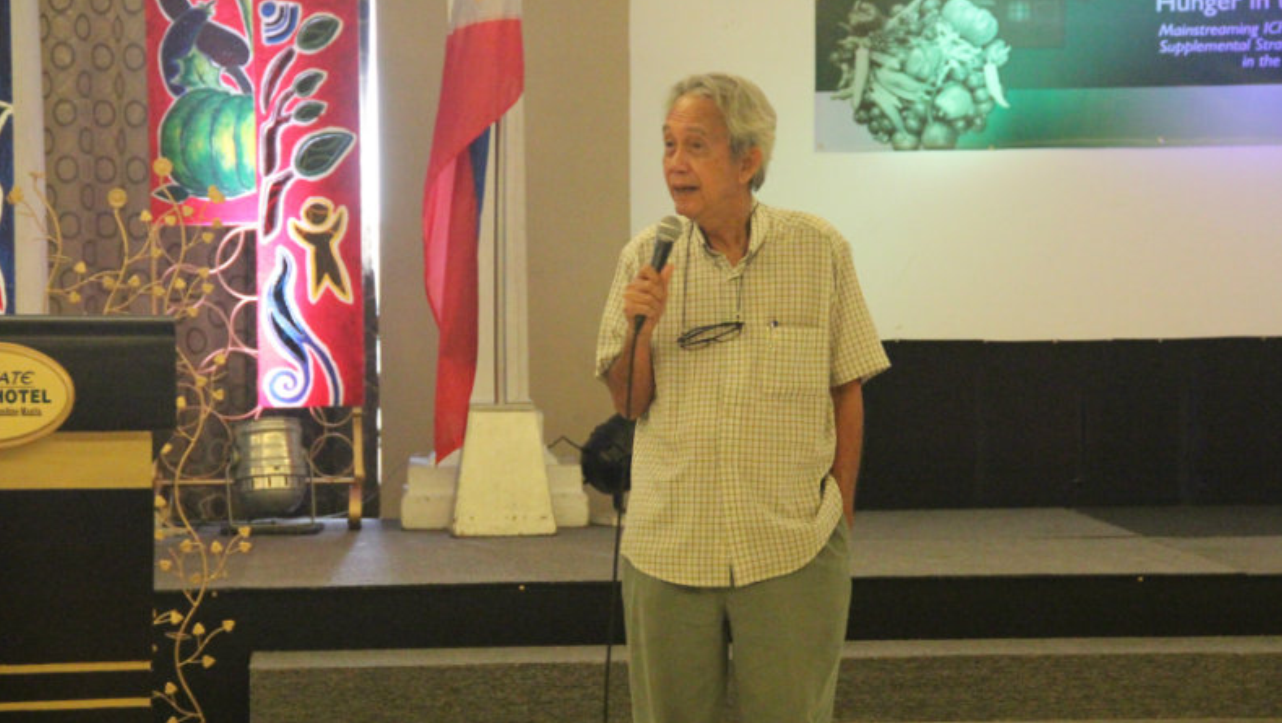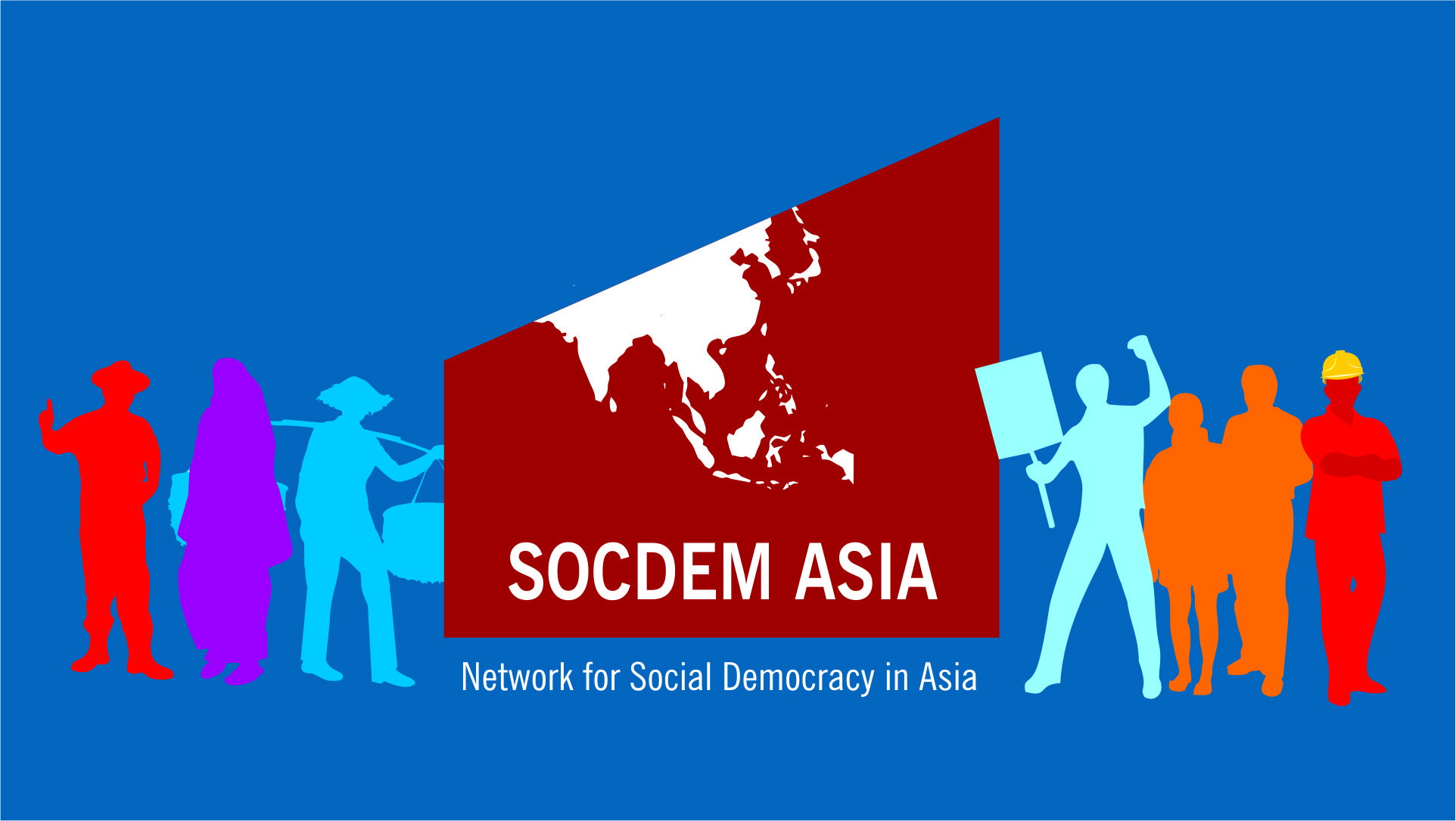Publication
PRAKSIS is a semiannual publication of the Network of Social Democracy in Asia (SocDem Asia). It seeks to combine theory and practice by providing cogent analysis to inform the strategy of the progressive movement and help shape the policy direction that should guide the region's governments.
Moreover, the journal serves as an Asian-wide social democratic channel of exchange in issue analyses, ideological deepening, and strategy development for advancing the agenda of freedom, justice and solidarity.
The journal also releases special editions to address pressing and unexpected issues affecting the region.
Videos
-
DESCRIPTION
Leading up to the German Federal Elections last September, many political analysts and media commentators already wrote off the German Social Democrats as the election's biggest losers and pointed to its eventual decline. The opposite happened.
Join us to learn how the SPD changed its political course and turned a predicted decline into a political comeback.
-
DESCRIPTION
Reflecting on the multiple crises revealed by the COVID 19 we look into strategies in building broad platforms and consolidate social majorities for Alternatives to the Status Quo. We talk with Marc Saxer, Head of the Asia-Pacific Department of the Friedrich Ebert Stiftung and author of Transformative Realism. We are also joined by prominent panelists such as Liew Chin Tong, Executive Committee Member of the Democratic Action Party; Sabina Dewan, Executive Director and President of the JustJobs Network; and Percival Cendana, National Executive Committee Member of the Akbayan Citizens' Action Party.
-
DESCRIPTION
Democracies around the world are under pressure. The economic and socio-political performance of democracy has been challenged by right-wing populist movements and the mismanagement of several global crises. The future of social democracy depends in large part on how we can build together resilient, resistant and effective democracies, capable of facing the challenges of the future with our values?
The Progressive Alliance, in collaboration with the Foundation for European Progressive Studies (FEPS) and in cooperation with the Network of Social Democracy in Asia (SocDem Asia), addressed this question in this Asian leg of regional level debate with progressive personalities from the region and from various backgrounds, before presenting their results in November 2021 at the Global Progressive Forum conference.
-
DESCRIPTION
SocDem Asia in partnership with Akbayan Citizens' Action Party Philippines and Fretilin Timor-Leste
-
What are the political challenges faced by the feminist movement today?
-
What characterizes feminist politics and leadership? How does this translate into feminist practice in governance, community development and political participation?
-
How do we make our parties and/or organizations feminist? Are there mechanisms, bottom lines and/or pitfalls to avoid?
-
